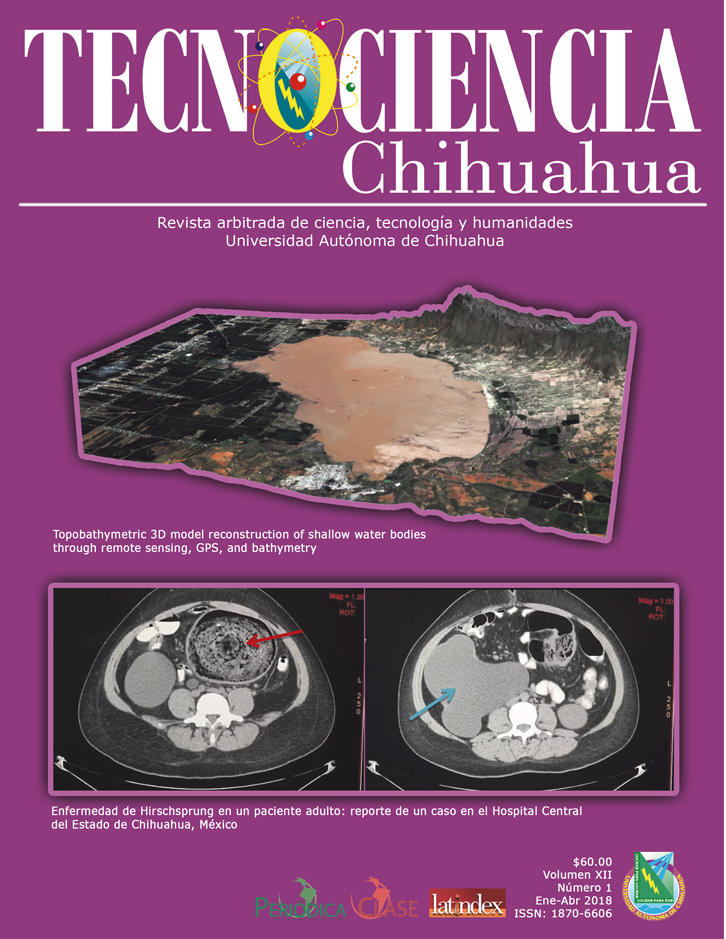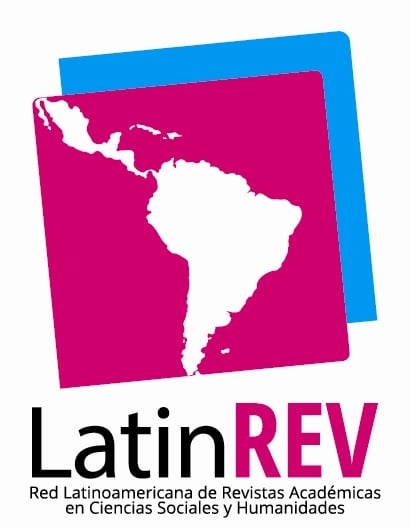Barreras para la implementación de manufactura esbelta y la administración de la calidad total
Barriers of lean manufacturing and total quality management implementation
DOI:
https://doi.org/10.54167/tch.v12i1.131Palabras clave:
filosofía de administración, mejora continua, cambio organizacional, biotecnología, aeroespacialResumen
Se analizan los beneficios y resultados obtenidos por empresas que han implementado manufactura esbelta (LM) y la administración de la calidad total (TQM). La proporción de organizaciones que han fallado en su implementación y que no han obtenido los resultados esperados es mayor que aquellas organizaciones que han tenido éxito. Para lograr una mejor comprensión de este problema, se analizan las barreras comunes de implementación y las relaciones complementarias entre LM y TQM. Para el análisis de estas relaciones, se utilizó la teoría del conocimiento profundo de Deming. Este análisis sugiere que LM y TQM funcionan mejor de forma integrada y pueden ser consideradas como una sola filosofía de administración.
Descargas
Citas
Ahmad, A., S. Mehra & M. Pletcher. 2004. The perceived impact of JIT implementation on firms’ financial/growth performance. Journal of Manufacturing Technology Management 15(2):118-130. https://doi.org/10.1108/09576060410513715
Anderson, J., K. Dooley & S. Misterek. 1991. The Role of Profound Knowledge in the Continual Improvement of Quality. Human Systems Management 10(4): 243-259. https://doi.org/10.3233/HSM-1991-10403
Azuan, S. & A. Syed. 2013. Culture and Lean Manufacturing: Towards a Holistic Framework. Australian Journal of Basic and Applied Sciences 7(1):334-338. https://tinyurl.com/yknx7jc7
Bhasin, S. & P. Burcher. 2006. Lean viewed as a philosophy. Journal of Manufacturing Technology Management 17(1):56-72. https://doi.org/10.1108/17410380610639506
Berry, B. 2011. There is a relationship between systems thinking and W. Edwards Deming´s theory of profound knowledge.
Blanchard, D. 2007. Census of U.S. Manufacturers-Lean Green and Low Cost. Industry Week. https://tinyurl.com/2p9j8kma
Bortolotti, T., S. Boscari & P. Danese. 2015. Successful lean implementation: Organizational culture and soft lean practices. International Journal of Production Economics 160:182-201. https://doi.org/10.1016/j.ijpe.2014.10.013
Bozdogan, K. 2010. Towards an integration of the Lean enterprise system, Total Quality Management, Six Sigma and related process improvement methods. ESD Working paper Series. Center for Technology, Policy and Industrial Development. Massachusetts Institute of Technology. https://dspace.mit.edu/handle/1721.1/82086
Cardon, N. & F. Bribiescas. 2015. Respect for people the forgotten principle in lean manufacturing implementation. European Scientific Journal 11(13):45-61. https://eujournal.org/index.php/esj/article/view/5635
Chen, Z. 2015. The relationships among JIT, TQM and production operations performance. Business Process Management Journal 21(5):1015-1039. https://doi.org/10.1108/BPMJ-09-2014-0084
Chiarini, A. 2011. Japanese total quality control, TQM, Deming’s system of profound knowledge, BPR, Lean and Six Sigma Comparison and discussion. International Journal of Lean Six Sigma 2(4):332-355. https://doi.org/10.1108/20401461111189425
Chong, H., E.R. White & V. Prybutok. 2001. Relationship among organizational support, JIT implementation, and performance. Industrial Management & Data Systems 101(6):273-281. https://doi.org/10.1108/EUM0000000005576
Cua, K., K. Mckone & R. Schroeder. 2001. Relationships between implementation of TQM, JIT, and TPM and manufacturing performance. Journal of Operations Management 19(6):675-694. https://doi.org/10.1016/S0272-6963(01)00066-3
Dahlgaard, J.J. & M. S. Dahlgaard. 2006. Lean production, six sigma quality, TQM and company culture. The TQM Magazine 18(3):263-281. https://doi.org/10.1108/09544780610659998
Deming, W. E. 1982. Out of the crisis. MIT Press. ISBN 9780262541152, 9780262541152.
Deming, W. E. 2000. The new economics for Industry, Goverment, Education. MIT Press. ISBN 0262541165, 9780262541169.
Dennis, P. 2007. Lean Production Simplified. Second Edition. CRC Press. ISBN 156327356X,
Duguay, R. C., S. Landry & F. Pasin, 1997. From mass production to flexible/agile production. International Journal of Operations & Production Management 17(12):1183-1195. https://doi.org/10.1108/01443579710182936
Emiliani, M. L. 2003. Linking leaders beliefs to their behaviors and competencies. Management Decision 41(9): 893-910. https://doi.org/10.1108/00251740310497430
Emiliani, M.L. & D. J. Stec. 2005. Leaders lost in transformation. Leadership & Organization Development Journal, 26(5): 370-387. https://doi.org/10.1108/01437730510607862
Evans, J. R. & W. M. Lindsay. 1996. The Management and control of quality (3rd ed.). West Publishing Company. ISBN 0314062157, 9780314062154.
Fullerton, R. R. & F. W. Wempe. 2009. Lean manufacturing, nonfinancial performance measures, and financial performance. International Journal of Operations & Production Management 29(3): 214-240. https://doi.org/10.1108/01443570910938970
Fullerton, R. & C. Mc Watters. 2001. The production performance benefits from JIT implementation. Journal of Operations Management 19(1): 81-96. https://doi.org/10.1016/S0272-6963(00)00051-6
General Accounting Office. 1991. U. S. companies improve performance through quality efforts. Government Printing Office.
Green, W. K. & A. R. Inman. 2007. The impact of JIT II selling on organizational performance. Industrial Management & Data Systems 107(7):1018-1035. https://doi.org/10.1108/02635570710816720
Hallgren, M. & J. Olhager. 2009. Lean and agile manufacturing: external and internal drivers and performance outcomes. International Journal of Operations & Production Management 29(10): 976-999. https://doi.org/10.1108/01443570910993456
Hendricks, K. B. & V. Singhal. 1997. Does implementing an effective TQM program actually improve operating performance? Empirical evidence from firms that have won quality awards. Management Science 43(9):1258-1274. https://doi.org/10.1287/mnsc.43.9.1258
Hendricks, K. B. & V. Singhal. 2001. The long-run stock price performance of firms with effective TQM programs. Management Science 47(3):359-368. https://doi.org/10.1287/mnsc.47.3.359.9773
Hines, P., M. Holweg & N. Rich, 2004. Learning to evolve A review of contemporary lean thinking. International Journal of Operations & Production Management 24(10): 994-1011. https://doi.org/10.1108/01443570410558049
Jadhav, R. J. 2014. Exploring barriers in lean implementation. International Journal of Lean Six Sigma 5(2):122-148. https://doi.org/10.1108/IJLSS-12-2012-0014
IW/MPI Group. 2007. North America Manufacturing Benchmarks & Outlook.
Kallage, R. G. 2006. Lean implementation failures. The Fabricator. https://tinyurl.com/mwsts5dp
Kannan, V. & K. Tan. 2005. Just in time, total quality management, and supply chain management: understanding their linkages and impact on business performance. Omega 33(2): 153-162. https://doi.org/10.1016/j.omega.2004.03.012
Kaynak, H. 2003. The relationship between total quality management practices and their effects on firm performance. Journal of Operations Management 21(4):405-435. https://doi.org/10.1016/S0272-6963(03)00004-4
Kochan, T. A., J. H. Gittell & B. A. Lautsch, 1995. Total quality management and human resource systems: An international comparison. The International Journal of Human Resource Management 6(2):201-202. https://doi.org/10.1080/09585199500000017
Krafcik, J. 1988. Triumph of the lean production system. Sloan Management Review 30(1):51-52. https://tinyurl.com/524ffx45
Larman, C. & B. Vodde. 2009. Lean primer. https://www.leanprimer.com/downloads/lean_primer.pdf
Manos, A. & C. H. Vincent. 2012. The Lean Handbook: A guide to the bronze certification boy of knowledge. Quality Press. ISBN 0873898044, 9780873898041.
Martínez- Jurado, P. & J. Moyano-Fuentes. 2014. Lean Management, Supply Chain Management and Sustainability: A Literature Review. Journal of Cleaner Production 85:134-150. https://doi.org/10.1016/j.jclepro.2013.09.042
Melton, T. 2005. The Benefits of Lean Manufacturing: What Lean Thinking has to offer the process industries. Chemical and Engineering Design 83(6): 662-673. https://doi.org/10.1205/cherd.04351
Mohanty, R. P., O. P. Yadav & R. Jain. 2007. Implementation of Lean manufacturing principles in auto industry. Journal of Management 1-32.
Mosadeghrad, M. A. 2014. Why TQM programmes fail? A pathology approach. The TQM Journal 26(2):160-187. https://doi.org/10.1108/TQM-12-2010-0041
Nawanir, G., K. L. Teong & N. S. Othman. 2013. Impact of lean practices on operations performance and business performance: Some evidence from Indonesian manufacturing
companies. Journal of Manufacturing Technology Management 24(7):1019-1050. https://doi.org/10.1108/JMTM-03-2012-0027
Nwabueze, U. 2001. An industry betrayed: the case of total quality management in manufacturing. The TQM Magazine 13(6):400-409. https://doi.org/10.1108/EUM0000000006177
Ohno, T. 1988. Toyota Production System. Productivity Press. ISBN 0915299143, 9780915299140.
Papadopoulou, T.C. & M. Özbayrak. 2005. Leanness: Experiences from the journey to date. Journal of Manufacturing Technology Management 16(7):784-807. https://doi.org/10.1108/17410380510626196
Prabhushanakar, G. V. 2015. Lean manufacturing system implementation in Indian automotive components manufacturing sector - an empirical study. International Journal of Business and Systems Research 9(2):179-194. http://dx.doi.org/10.1504/IJBSR.2015.069442
Rigby, D. & B. Bilodeau. 2018. Management tools & trends. Bain & Company. https://tinyurl.com/3rj4852s
Sakakibara, S., B. Flynn & R. Schroeder. 1993. A Framework and Measurement Instrument for Just in Time Manufacturing. Production and Operations Management 2(3):177-194. https://doi.org/10.1111/j.1937-5956.1993.tb00097.x
Seitz, T. 2003. Lean Enterprise integration: a new framework for small businesses (Tesis, Massachusetts Institute of Technology). http://hdl.handle.net/1721.1/82700
Shah, R. & P. Ward. 2007. Defining and developing measures of lean production. Journal of Operations Management 25(4):785-805. https://doi.org/10.1016/j.jom.2007.01.019
Shah, R. & P. Ward. 2003. Lean manufacturing: context, practice bundles, and performance. Journal of Operations Management 21(2): 129-149. https://doi.org/10.1016/S0272-6963(02)00108-0
Shiba, S. & D. Walden. 2001. Four practical revolutions in management: Systems for creating unique organizational capability. Productivity press. ISBN 1563272172, 9781563272172.
Shook, J. 2010. How to change a culture lessons from NUMMI. MIT Sloan Management Review 51(2):63-68. https://tinyurl.com/ywbu9bbz
Singh, B., S. Garg, S. Sharma & C. Grewal. 2010. Lean implementation and its benefits to production industry. International Journal of Lean Six Sigma 1(2): 157-168. https://doi.org/10.1108/20401461011049520
Sisson, J. & A. Elshennawy. 2015. Achieving success with Lean. International Journal of Lean Six Sigma 6(3): 263-280. https://doi.org/10.1108/IJLSS-07-2014-0024
Stone, B. K. 2012. Four decades of lean: a systematic literature review. International Journal of Lean Six Sigma 3(2):112-132. https://doi.org/10.1108/20401461211243702
Womack, J. P. & D. T. Jones. 2003. Lean Thinking: Banish Waste and create wealth in your corporation. The Free Press. ISBN 0743249275, 9780743249270.
Yang, C. & K. Yang. 2013. An Integrated Model of the Toyota Production System with Total Quality Management and People Factors. Human Factors and Ergonomics in Manufacturing & Service Industries 23(5): 450-461. https://doi.org/10.1002/hfm.20335
Publicado
Cómo citar
-
Resumen674
-
PDF331
-
HTML16

















